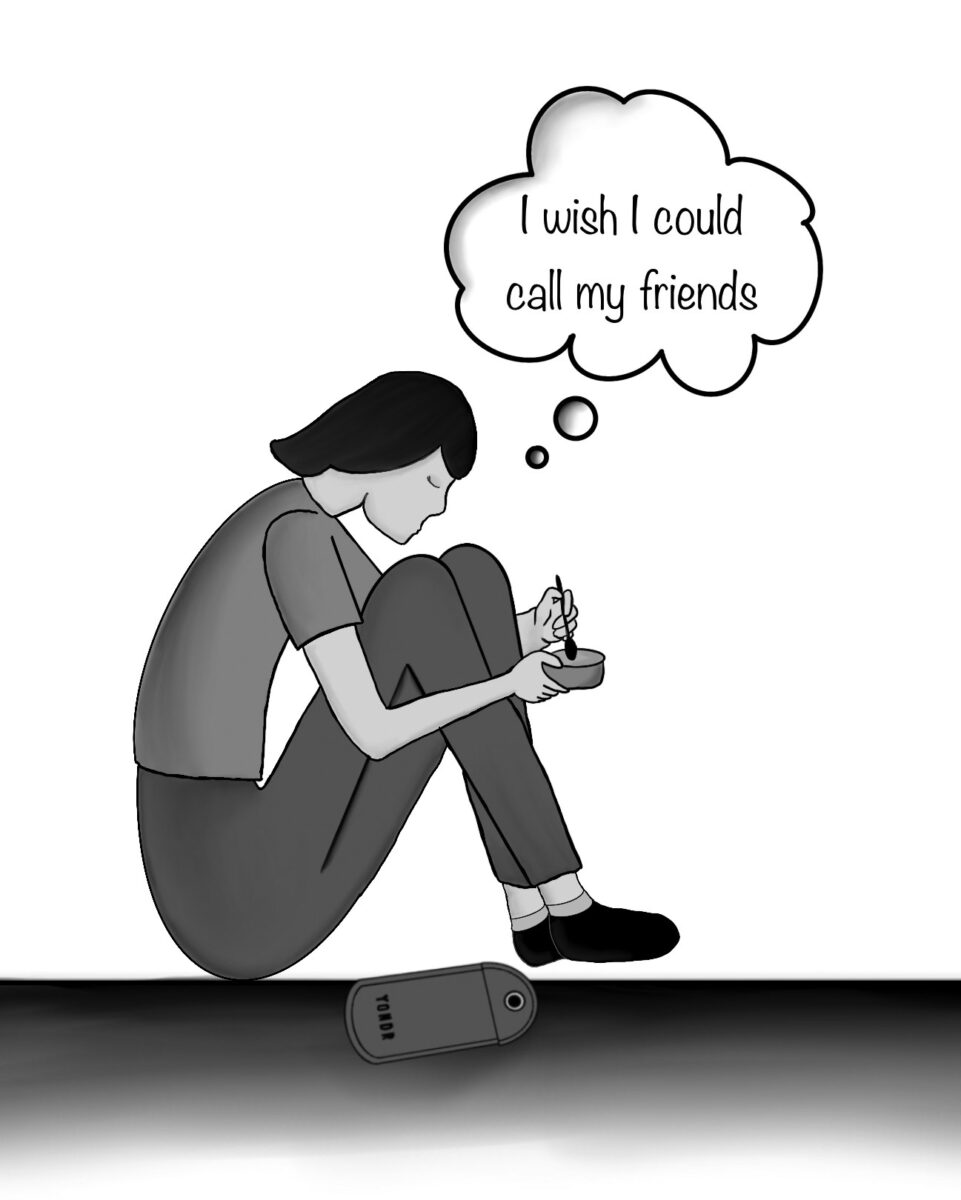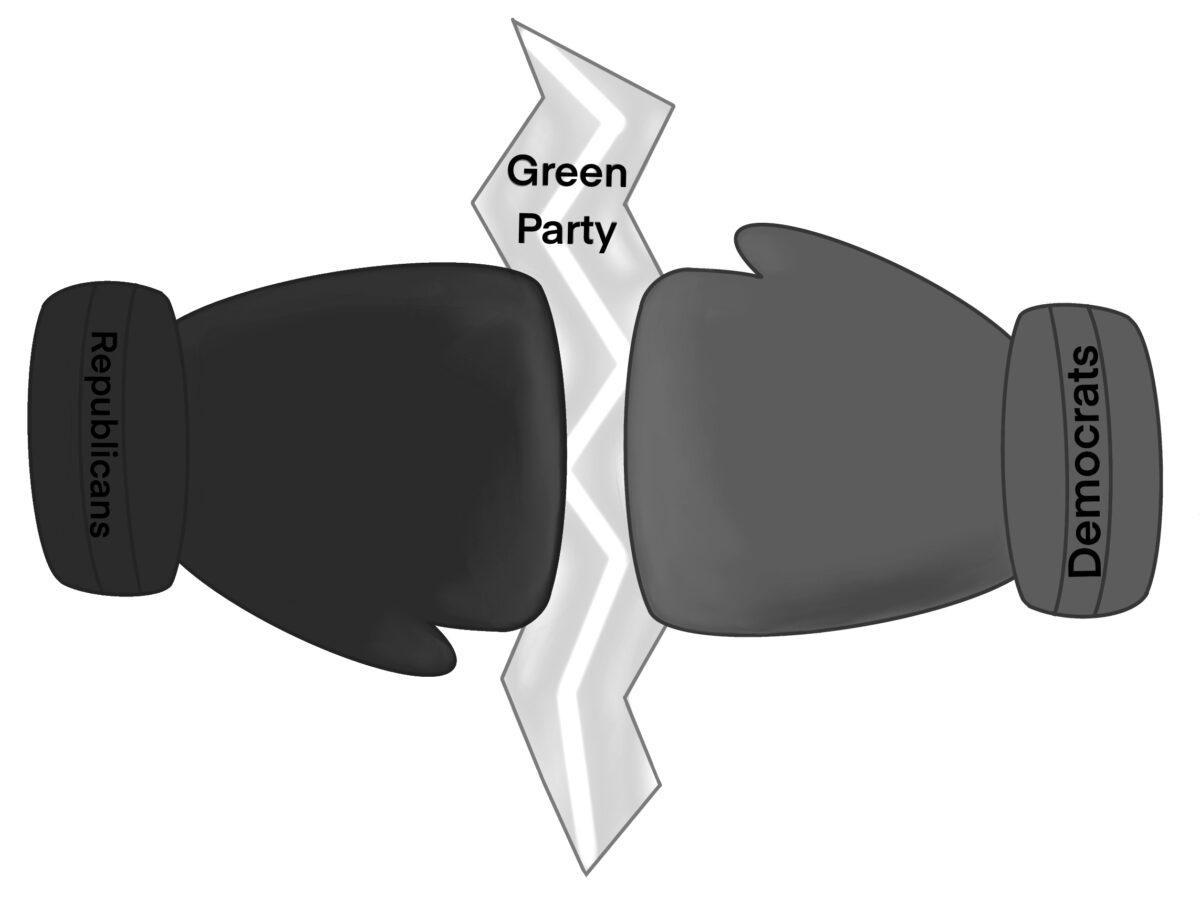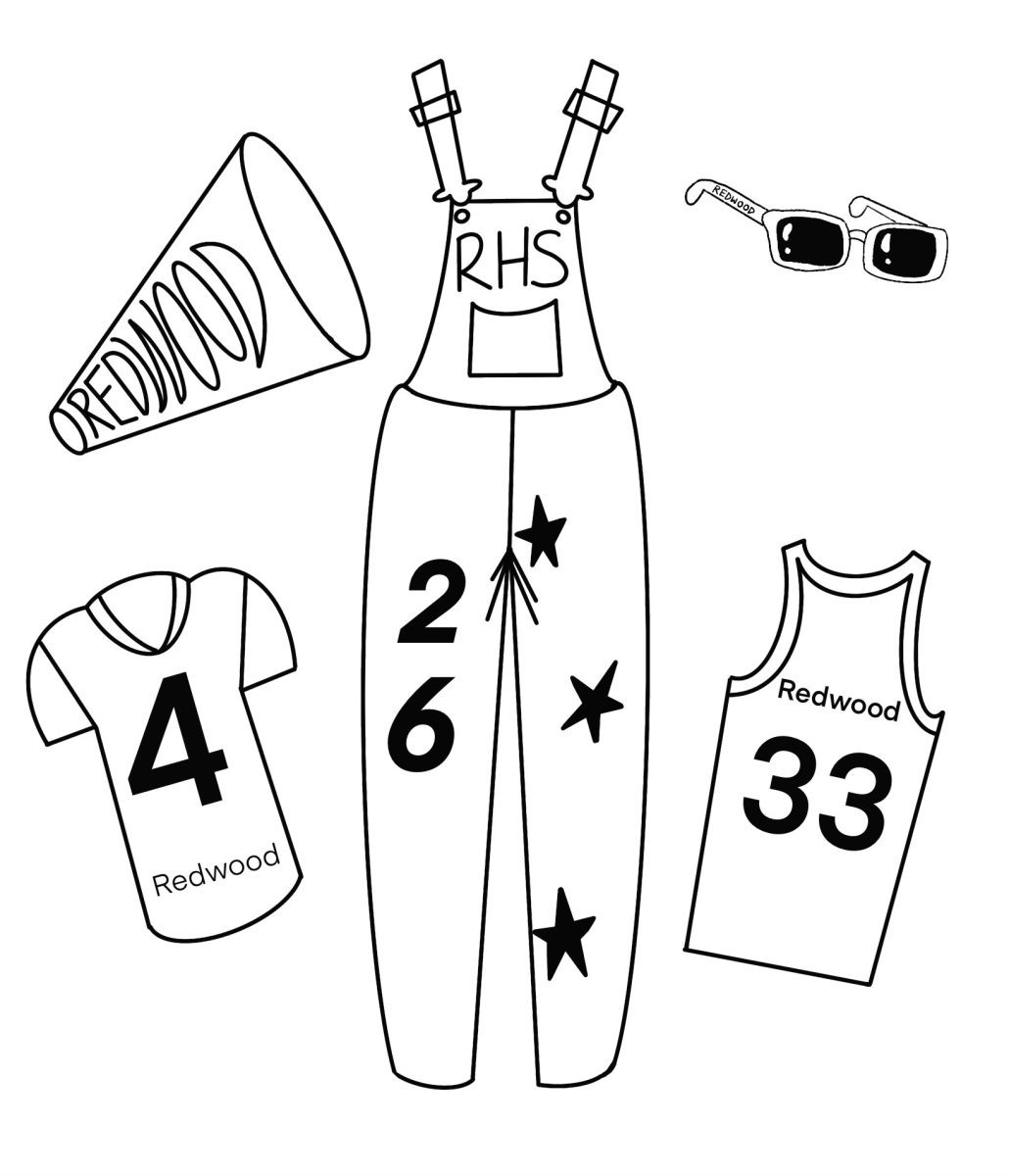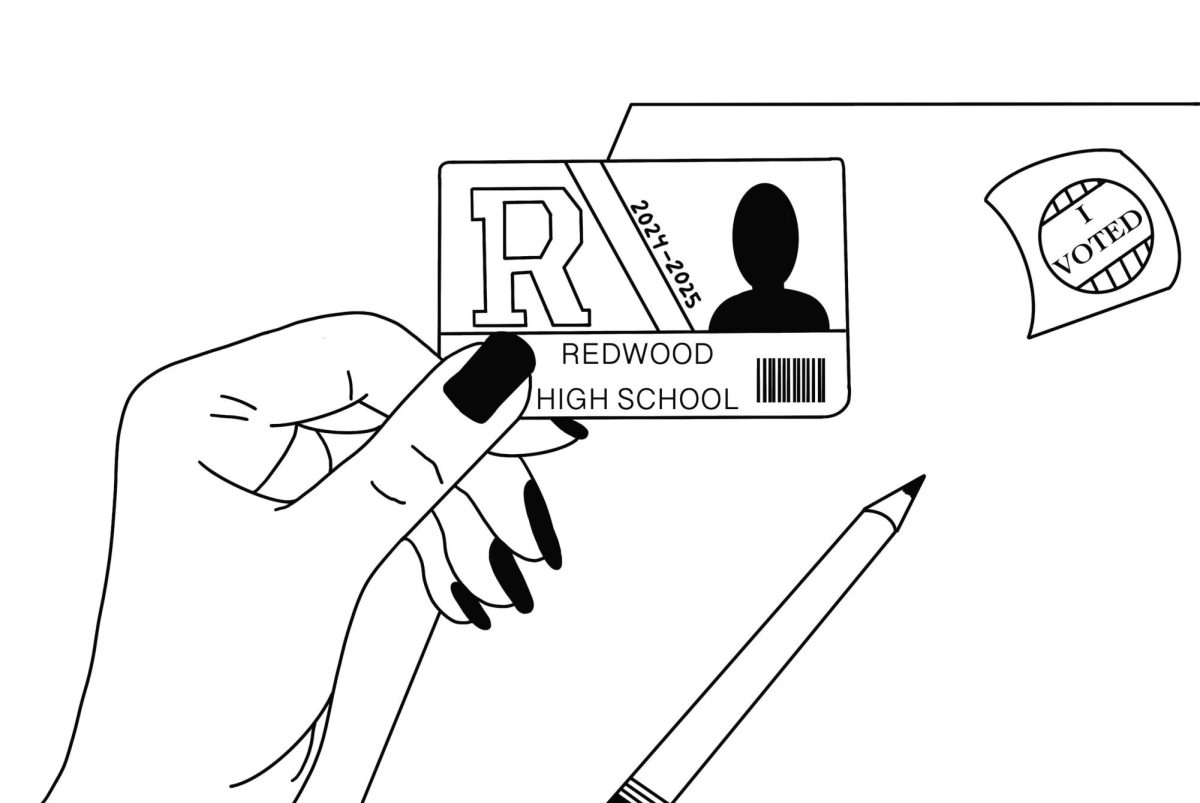My sister sits at our kitchen counter with her fourth cup of coffee on one side of her laptop and a bowl of jiffy-pop on the other. As she eats, the ultimate pressure weighs on her: filling out her college applications while staying true to herself and keeping everything professional.
“What’s the fifth song on the soundtrack of my life? I want to say ‘Wet Dreamz’ by J. Cole, but I don’t think that’s what they want to hear, you know? Help me think,” she says while looking across the room at me, her younger sister.
Me: someone who hasn’t experienced the process of applying to college, and somehow still feels exhausted from watching someone else attempt the daunting task of determining their future.
Applying to college should be a time for people to display their personality, including the rough edges, and show others what ignites their internal fire. If my sister wants to tell an admission officer that they should listen to “Wet Dreamz,” a notably explicit yet popular rap song, what’s the problem?
The problem with applying to college is that my sister feels the need to make herself seem more (even falsely), polite. The same girl who spends every family dinner passionately shouting about environmental policy and politics, the same girl who pursues her passions of dance through hip hop (which consists mainly of Rap and Electronic music) still feels pressured to make herself seem angelic. Why do students feel the need to portray a false illusion of what colleges want, when that so blatantly is not the case?

Carol Barash, CEO of the startup Story to College, an application program that helps students personalize their essays, wrote in USA Today that throughout the application process, students should be able to look at their work and feel like it represents them realistically. The false genuineness of college applications gives students the message that success in life will only come through self-modification.
Students are not only pushed to portray a false sense of themselves, but pushed to participate in the community without a sense of dedication or purpose. Redwood’s academic culture has made me feel that getting into a good college is the only way to measure my success in high school and ultimately life. Due to this, students can find themselves overloaded and overwhelmed.
What I spend my time with should be something I love. When you try to balance too much, before you know it the amount of things on your plate will be equal to the line for the bathroom during break. Basically, a lot.
Yes, any community service is good community service. Yes, expanding Redwood’s academic culture and the school’s diversity through new clubs and organizations is ultimately a good thing. Of course not all students do extracurriculars for the sole purpose of college. However, founding four different clubs and playing six different sports all while doing three internships and taking five AP classes is too much. Activities for the sole purpose of building a resume is absurd, yet prevalent. Students stretch themselves in so many different directions that it becomes simply impossible to be invested in anything with complete attention.
One important aspect of the intense stress of college is the finances. From 2008 until 2013 there was a three percent decrease in college applicants, according to the Atlantic. At the same time, the College Board reported an increase in public college tuition of about $2,000. Private universities reported an increase in tuition of about $4,000. Students not only have to navigate their personality through applications and sort out how to balance extracurriculars, but many students are also learning to manage their own finances for the first time.
College is the Big Brother in a Redwood student’s life: dictating every move, yet unbeknownst to so many. So how do we fix it?
Similar to the topic of college (always looming above you) is the topic of money. Have you ever started a conversation by asking about someone’s yearly income? Most reasonable adults choose to keep their finances to themselves. College is a widely discussed topic in the halls of Redwood, for the worse. If the college application process were more like finances, kept to oneself, students would be able to embrace themselves without the pressure. Applications would be more realistic, more efficient, and less stressful without the constant chatter of college.
My sister sits across from me at the same table where she asked for song ideas and examples of her leadership as she opens her first response email. She takes me down to the store and buys Trolli sour eggs for us to celebrate: she’s going to college.
The laughter and ease in her attitude that I had missed returns within her again. My sister knows college is not the only way to prosper, but it still feels like confirmation that the next four years she has a path. Somehow this acceptance is a seemingly sneaky validation that her life is on the right track. I let her bask in the moment, but I know that college is not the only way to measure success. Only when students find the balance between passion, personality, and school, are they truly on the road to success.
So what is the deal with applying to college? Well, I’m just a little sister, what do I know?







